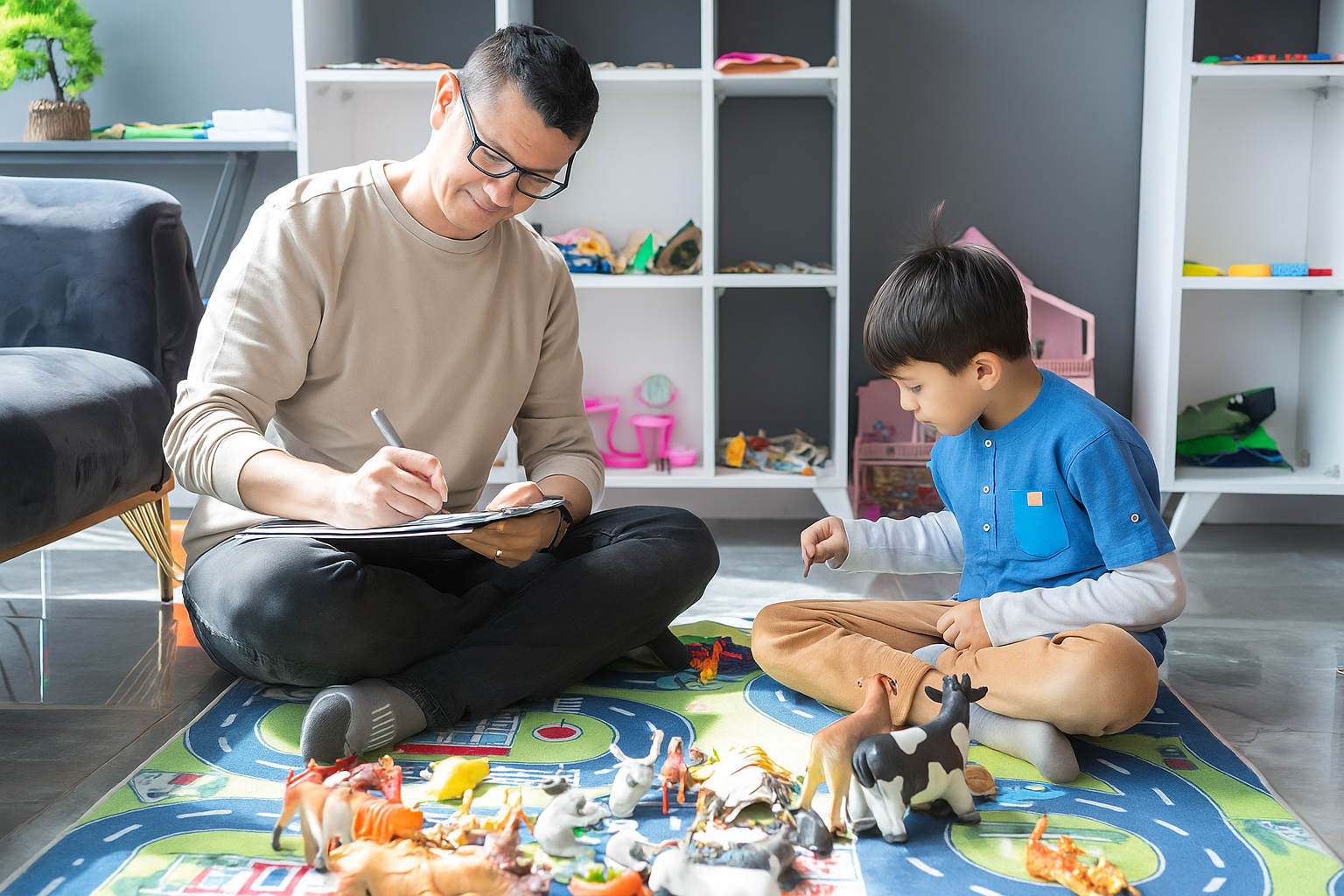As World Mental Health Day 2025 unfolds, experts are emphasizing the crucial role of family support in safeguarding Children’s Mental Health. In the midst of growing concerns around youth anxiety, depression, and emotional well-being, leading psychologists and mental health organizations have released new resources and guidelines for families, schools, and communities to strengthen their approach to Children’s Mental Health.
The Importance of Family Support in Children’s Mental Health
Children’s Mental Health is shaped by many factors, but family support is among the most influential. Research consistently shows that children who experience open communication, emotional validation, and supportive home environments are better equipped to manage stress and develop resilience. Experts recommend that families make mental health a regular topic of discussion at home, helping children feel safe and understood when they encounter emotional challenges.
When caregivers proactively engage with children about their feelings, moods, and worries, they foster a foundation of trust. By destigmatizing talk around mental health, families help normalize seeking help—a vital component for better outcomes in Children’s Mental Health.
Recognizing Early Signs and Taking Action
One central message in the latest expert guidance is the importance of early detection and intervention for Children’s Mental Health issues. Common warning signs include drastic changes in mood, behavior, appetite, or sleep patterns, as well as withdrawal from friends and school activities. Parents and caregivers are urged to be vigilant and attentive, initiating gentle conversations whenever they notice changes.
If mental health concerns arise, families are advised to reach out to school counselors, pediatricians, or licensed mental health professionals promptly. Early support can reduce the severity of symptoms, improve coping skills, and prevent the escalation of issues into long-term challenges.
Resources for Families and Schools
To support Children’s Mental Health, organizations like the National Alliance on Mental Illness (NAMI) and the American Psychological Association are offering accessible resources and webinars for families. These materials cover how to approach sensitive topics, manage conflict in healthy ways, and create supportive structures for children with anxiety, depression, or other challenges.
Schools are encouraged to partner with families by hosting regular seminars, disseminating mental health toolkits, and providing parent education nights. Collaboration between educators and caregivers ensures that children receive consistent support across all environments, reinforcing their sense of safety and belonging.
Creating a Mental Health-Friendly Home
For best results, experts advise families to model self-care and stress management. Practices such as mindfulness, open dialogue, and designated family check-in times have shown positive impacts on Children’s Mental Health. By prioritizing wellness for all family members, parents signal to children that mental health matters.
Regular routines, encouraging emotional expression, and celebrating resilience milestones are simple yet effective steps families can take. In times of crisis or uncertainty, the warmth and presence of caregivers can offer comfort and stability, helping children navigate difficult emotions.
Looking Ahead
As new guidance is shared nationwide, families are being empowered to take active roles in promoting Children’s Mental Health. This shift toward early awareness and open communication marks a significant step forward in supporting youth mental well-being across the US.
Frequently Asked Questions (FAQs)
What role does family support play in Children’s Mental Health?
Family support creates a foundation of trust, encourages open dialogue, and helps children develop coping skills, all of which are vital for positive mental health outcomes.
How can caregivers recognize signs of Children’s Mental Health issues?
Warning signs include sudden changes in behavior, mood, or sleep patterns, and social withdrawal. Caregivers should address these changes with empathy.
When should families seek professional help for Children’s Mental Health concerns?
Whenever persistent mood or behavior changes emerge, families should consult school counselors, pediatricians, or mental health professionals.
What resources are available to support Children’s Mental Health at home?
Organizations like NAMI and the APA provide webinars, toolkits, and educational materials to guide families.






